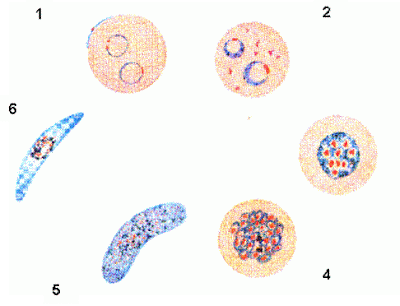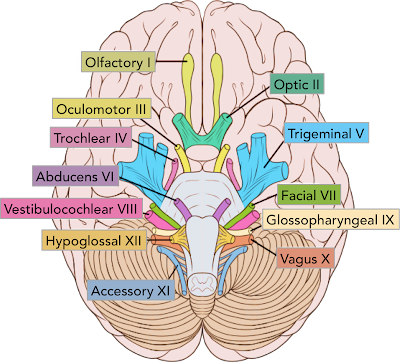Ivermectin - Stopping Malaria Transmission?
Ivermectin is a medication used to treat parasitic infections typically in veterinary. They belong to a class of drugs known as "anthelmintics" where they stun or kill the parasite without causing significant damage to the host. One works by affecting the nervous system of the parasite, which results in muscle paralysis, or it can affect uptake of sodium ions resulting in the affection of glucose (due to co-transport mechanisms being inhibited).
Recently, a research team from Colorado State University found that this drug can also poison mosquitos when they feed on human blood - introductory trials have shown that cases of malaria were reduced among children in rural Burkina Faso by 20 percent with no harmful side effects (but surveying only went up til 18 months, so we cannot say there are 0 side effects on humans).
Malaria is caused by Plasmodium parasites that are spread via infected mosquitos (they are known as transmission vectors). It isn't the mosquito itself causing you malaria, rather the Plasmodium carried by it. Plasmodium falciparum is by the far the most deadly. The parasite enters your bloodstream when a mosquito bites you - they then form gametes inside the human body, before being sucked up by another mosquito which is is where they form new parasites.
 |
| Lifecycle of a Plasmodium falciparum parasite. |
Over half the worlds population is at risk of malaria, and as global warming becomes an ever-growing issue, this number is rapidly growing due to more areas becoming suitable for the breeding of mosquitoes, propagating malarial transmission further. According to the World Health Organisation, in 2015, there were 212 million malaria cases, with 429,000 deaths.
 |
| Current Danger Zones |
Parasites have begun to develop resistance to a a group of drugs called Artemisinin - there is a delay in the clearance of malarial parasites from the bloodstream nowadays, which results in the compound being less effective. There has been an acceleration and rapid growth of funding in this area (in terms of gene editing, new drug synthesis, education etc. to combat the resistance) which has led to the fall in mortality rates to malaria but it still remains a prominent issue.
 |
| Predicted Change in Risk of Malaria Transmission |
How Will Ivermectin Help?
Ivermectin binds to glutamate-gated chloride ion channels (they control locomotion, feeding and mediating sensory inputs into behaviour). Permeability of them is increased, which allows more chloride ions to enter. Excess chloride ions cause the disruption of a process called gamma-aminobutryric acid-mediated neurosynaptic transmission in the central nervous system, resulting in paralysis of the parasite and thus death. Gamma-aminobutryric acid inhibits nerve transmission to the brain which calms nervous activity.
This effect would not cause paralysis in the host (i.e. a human) because this drug cannot pass the blood-brain barrier therefore would just stay in plasma and can easily be broken down due to the short half-life of this drug (≈ 18 hours).
Its essentially a poison/endectocide. When the mosquitoes consume our blood, and with it some ivermectin, they will die and will not be able to propagate the Plasmodium species further, therefore reducing malarial transmission.
Further Reading // Sources
https://www.cochranelibrary.com/cdsr/doi/10.1002/14651858.CD013117/full
https://www.independent.co.uk/news/health/malaria-mosquito-drug-human-blood-poison-stop-ivermectin-trial-colorado-lancet-a8821831.html?utm_source=reddit.com
https://www.webmd.com/drugs/2/drug-1122/ivermectin-oral/details
https://www.britannica.com/science/anthelmintic
https://www.who.int/features/factfiles/malaria/en/
http://www.denvernaturopathic.com/news/GABA.html




Comments
Post a Comment